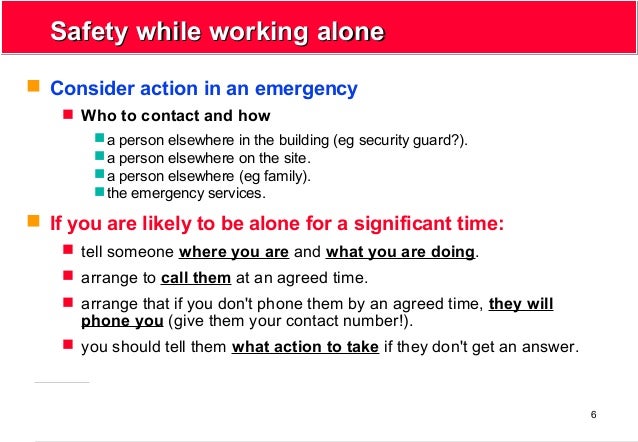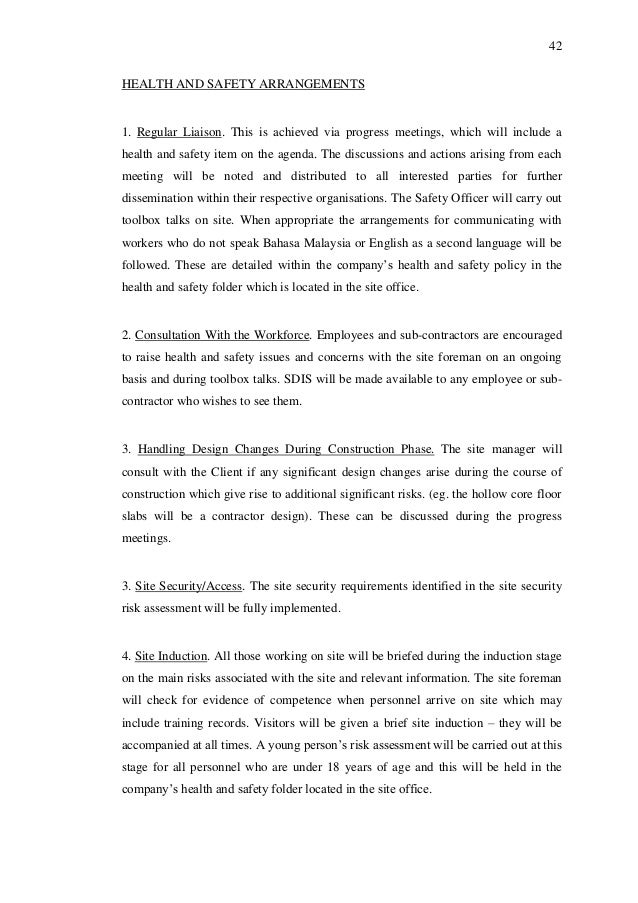Site Security Toolbox Talks
WCCTV Site Security WCCTV is the UK's leading provider of rapid-deployment CCTV Towers, specifically designed to provide all-in-one site security for temporary sites such as construction, demolition and highways infrastructure projects. Generic Safety Talks. ABCs of Fire Extinguishers. Accident Prevention. Accidents Before and After. Anti Two-Blocking Devices. This talk covers the things you will need to do to make sure your site is secure such as ensuring your ladders and plant. The concept of Toolbox Talks is that a short talk is delivered to the workforce approximately once a week, to remind them and update them on health and safety issues.

Basic Excavation Safety TalkAccording to the Bureau of Labor Statistics there were 250 excavation related fatalities from 2000 to 2009. Excavations are common on construction sites all across the United States, but excavation work can be made safe by following basic safety guidelines.Some major hazards of excavations:. Cave in and collapses. Water accumulation (drowning).
Utility strikes. Poisonous gases collecting in an excavationWays to Mitigate Excavation Hazards. for protective systems to protect employees entering the excavation. Often times the soil being excavated is referred to “Type C” which is the most hazardous for employees to enter. Excavations should be sloped back according to OSHA’s guidelines which depends on the soil type present.

Trench boxes and shoring are other options to protect employees entering the excavation. Prohibit equipment and other employees from working above anyone working in the trench or excavation.
Site Security Tool Box Talks
Keep water out of the excavation. Use pumps to remove water from the excavation and do not allow employees to be in any excavation or trench that has water accumulating in it. Water affects the integrity of the excavation. Never leave the excavation open when work is not being performed in the area.
Toolbox Meeting Template

Site Security Tool Box Talks
Use barricades, fencing, and signage to protect both employees and anyone passing by from falling into the excavation or driving into it. Always use the “One Call” service in your area to ensure there are no utilities in proposed excavation areas or have utilities properly marked prior to digging. Look at as built drawings when they are available for the area the excavation is occurring. When there is a chance for a hazardous atmosphere in an excavation and individuals have to enter it ensure gas testing is done including any low points where gases can collect.Discussion points:-Has anyone experienced a trench collapse or cave-in at another job?-What are some other hazards excavation operations create onsite?-How can we further protect ourselves from the hazards that excavation operations create?